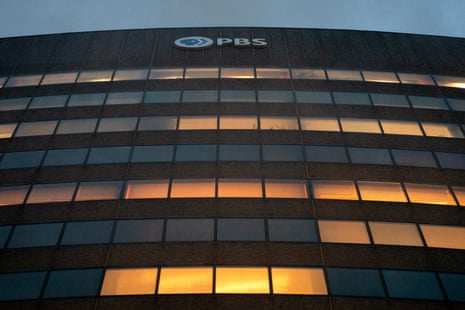The US House voted to slash billions in funding from NPR, PBS, and USAID, sparking controversy. Meanwhile, Los Angeles witnesses significant protests concerning immigration, highlighting national divisions. A large military parade is also planned, further fueling debate.
House Approves $9 Billion in Funding Cuts

The US House approved President Trump’s request for $9 billion in funding cuts to NPR, PBS, and the US Agency for International Development (USAID). This decision, passing by a narrow margin of two votes, utilized the rarely used rescissions process to reclaim already-approved federal funds. Conservatives championed the cuts, labeling certain USAID programs as “woke” and criticizing the perceived liberal bias of NPR and PBS. Democrats countered that these cuts harm US global standing and negatively impact local news outlets.
Controversial USAID Spending

Specific examples of the targeted USAID spending include $1 million for voter ID in Haiti and $3 million for Sesame Street broadcasts in Iraq. Conservatives highlighted these expenditures as wasteful, while Democrats emphasized the importance of such programs in promoting democracy and development. The Senate must still approve the cuts before they become law.
Massive Military Parade Planned

Washington D.C. will host its largest military parade in decades on Saturday, marking the US Army's 250th birthday. The event coincides with Flag Day and President Trump’s 79th birthday. The parade, a long-held ambition of the President, will feature tanks, thousands of soldiers, paratroopers, and aircraft flyovers. The estimated cost is $45 million, with nearly $15 million allocated for street repairs.
Public Reaction to the Military Parade

Public opinion on the parade is sharply divided. While some view it as a patriotic celebration honoring the US Army’s anniversary, others criticize it as an extravagant display of authoritarianism. Hundreds of protests are planned nationwide under the theme “No Kings.” Previous military parades have been held, notably in 1942, 1946, 1953, 1961, and 1991, but their scale and cost vary significantly.
"If the government is worried about overspending and having all kinds of programs slashed, then I think that's a big no," one online commenter wrote, echoing the sentiments of many who questioned the parade's expense in light of other pressing needs.
Los Angeles Protests and Immigration Raids

Los Angeles continues to experience significant protests and clashes between demonstrators, police, and the National Guard. Over 400 arrests have been made. Protests have spread to other major US cities, including New York and Chicago. The federal government plans further immigration raids, exacerbating existing tensions. A recent incident saw Democratic Senator Alex Padilla forcibly removed from a press conference given by Homeland Security Secretary Kristi Noem in LA.
Perspective from a Detroit Television Personality

Rob Wolchek, a familiar face in Detroit television, offered valuable perspective on the scale of the Los Angeles protests. He compared the affected area to a small section around Little Caesars Arena, emphasizing that the unrest is localized and not representative of widespread rioting. He stressed the importance of accurate media reporting to avoid misrepresenting the situation as widespread chaos.
Wolchek highlighted the significant reliance on immigrant workers, particularly in California’s agriculture industry, emphasizing President Trump's own acknowledgment of the need for a solution to this complex issue. He noted that the President expressed concerns about potentially replacing peaceful immigrant workers with potentially more dangerous individuals.
Differing Opinions on Immigration and the Military Parade

A discussion featuring Sherry Gay-Dagnogo, a former Democratic state representative, and Perry Johnson, a businessman and friend of President Trump, explored the various perspectives on the immigration issue and the upcoming military parade. Gay-Dagnogo criticized the administration's approach, highlighting instances of harsh treatment towards immigrants. Johnson, while acknowledging the need for farmworkers, emphasized the administration's focus on curbing drug trafficking across the border.
The debate also covered the appropriateness of the $45 million military parade, with Gay-Dagnogo questioning its expense in comparison to pressing needs such as veteran healthcare. Johnson defended the parade as a fitting tribute to the US Army and its contributions.
A Refugee’s Perspective on the LA Protests

Quang Pom, a Marine combat pilot and biotech CEO who immigrated from Vietnam, shared his perspective on the LA protests. He contrasted the current situation with the 1992 LA riots, emphasizing the localized nature of the current unrest and the potential impact on the diverse communities involved. His experience provided a powerful counterpoint to the sometimes sensationalized media coverage.
Looking Ahead

The funding cuts, the upcoming military parade, and the ongoing protests in Los Angeles reflect the complex and often contradictory issues facing the United States. Open dialogue and thoughtful consideration are necessary to navigate these challenges effectively. Continued coverage of these important events will provide crucial context and understanding.